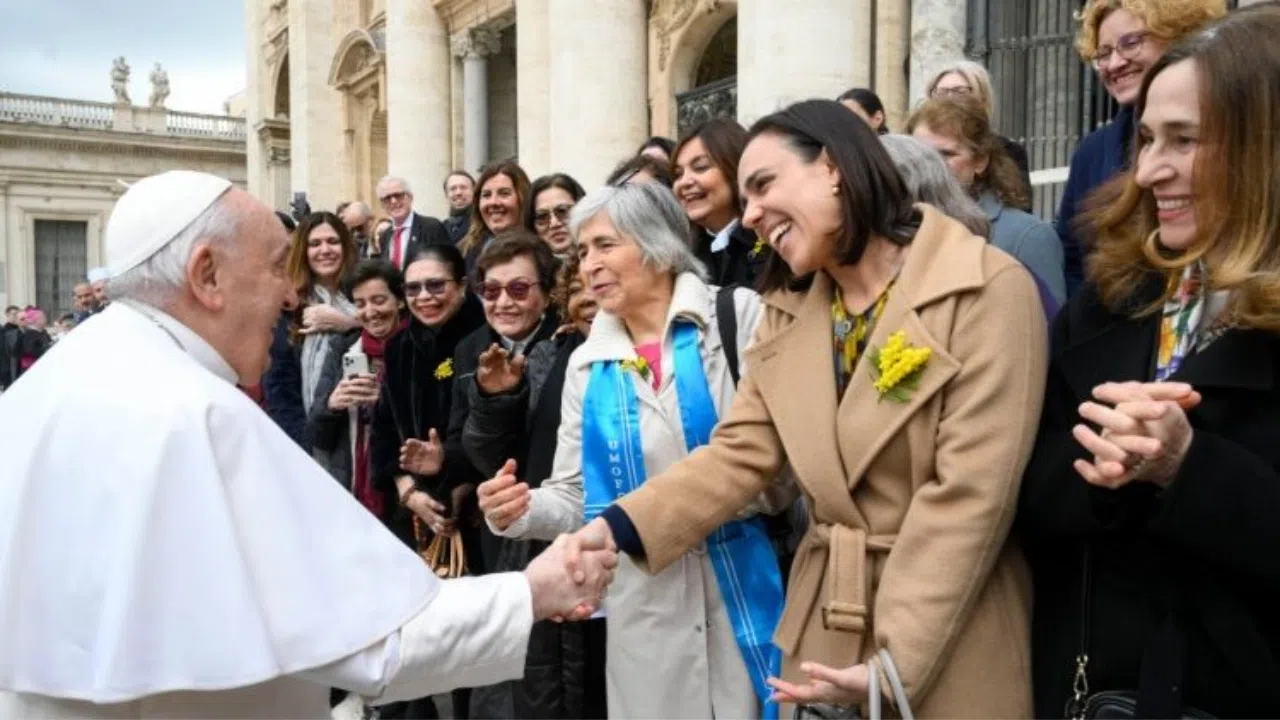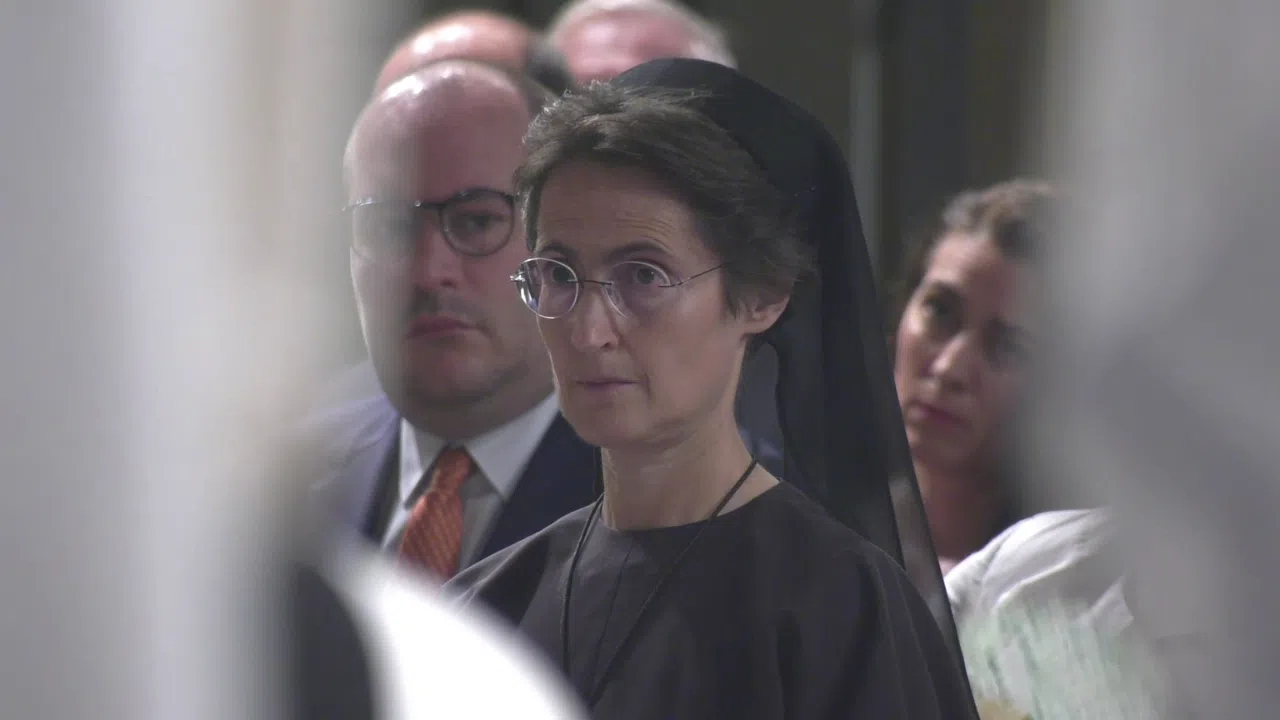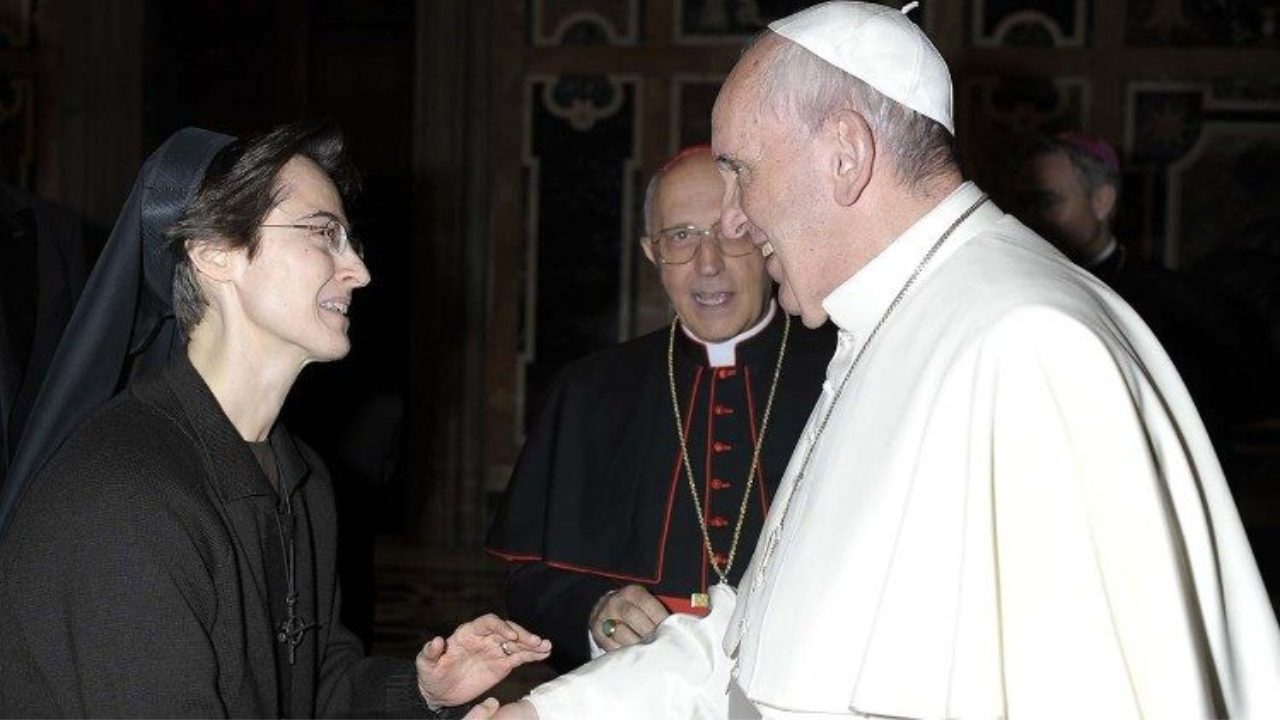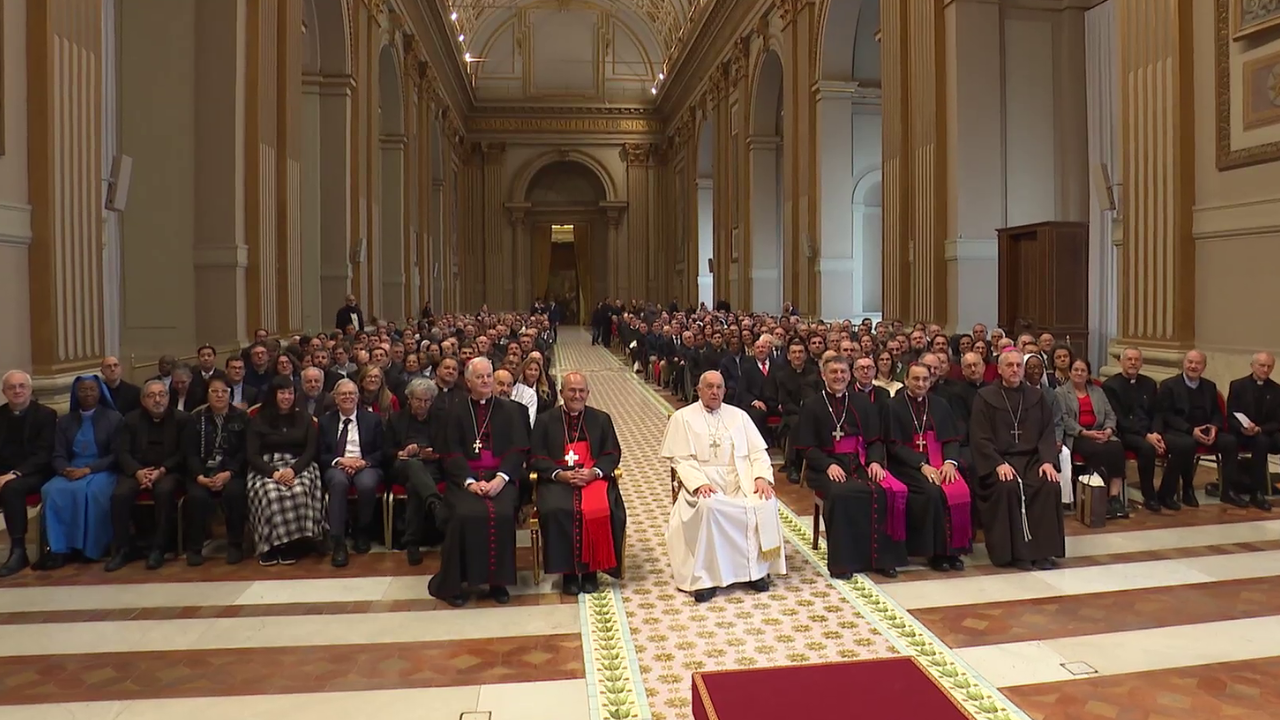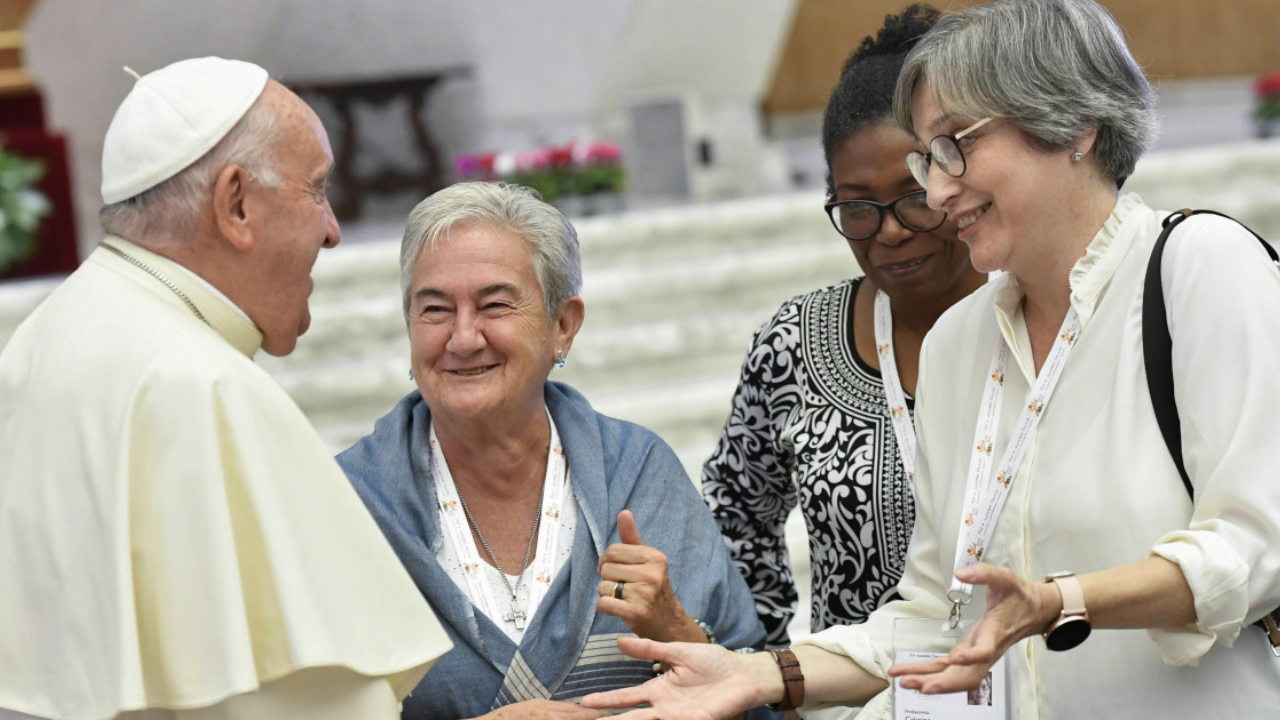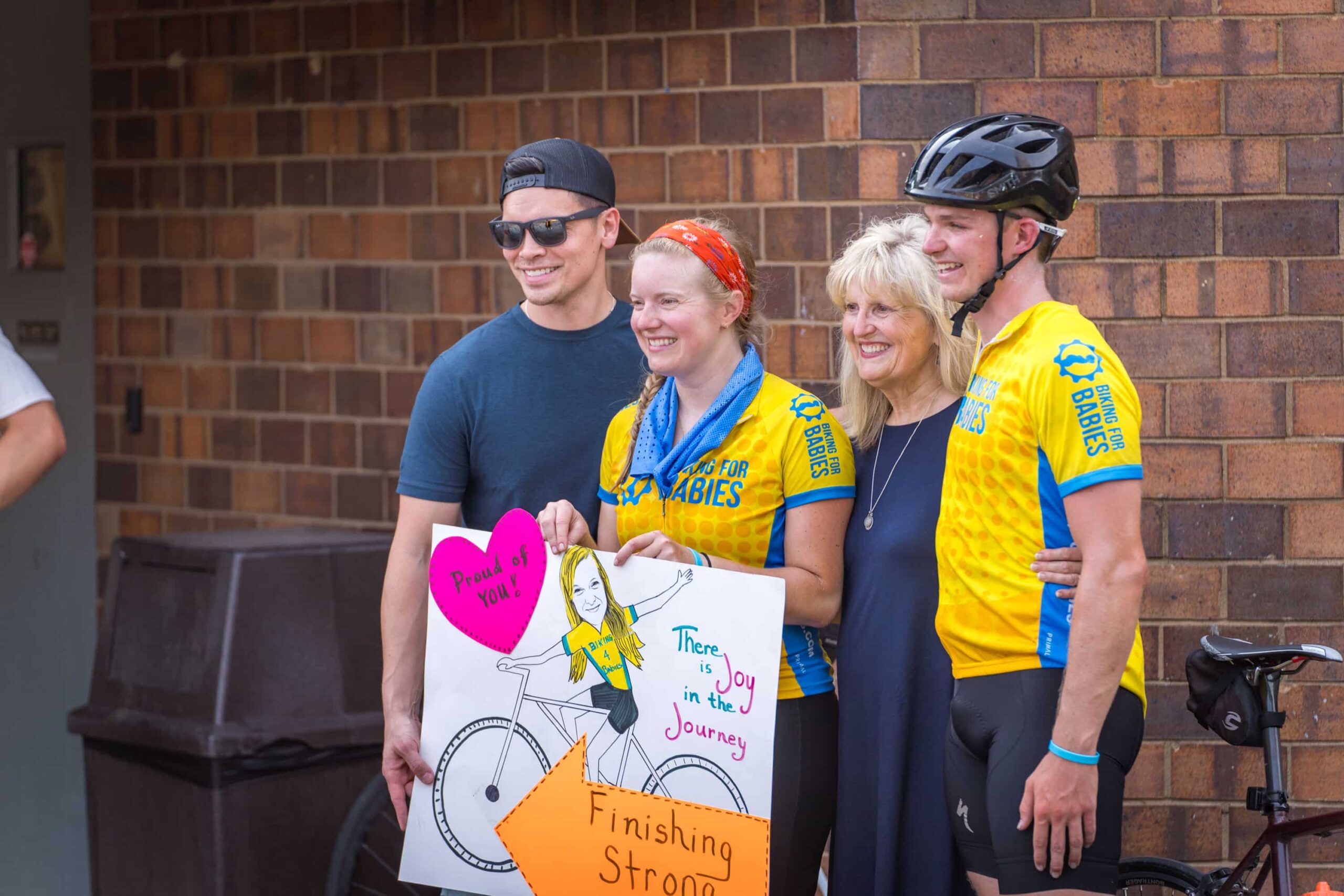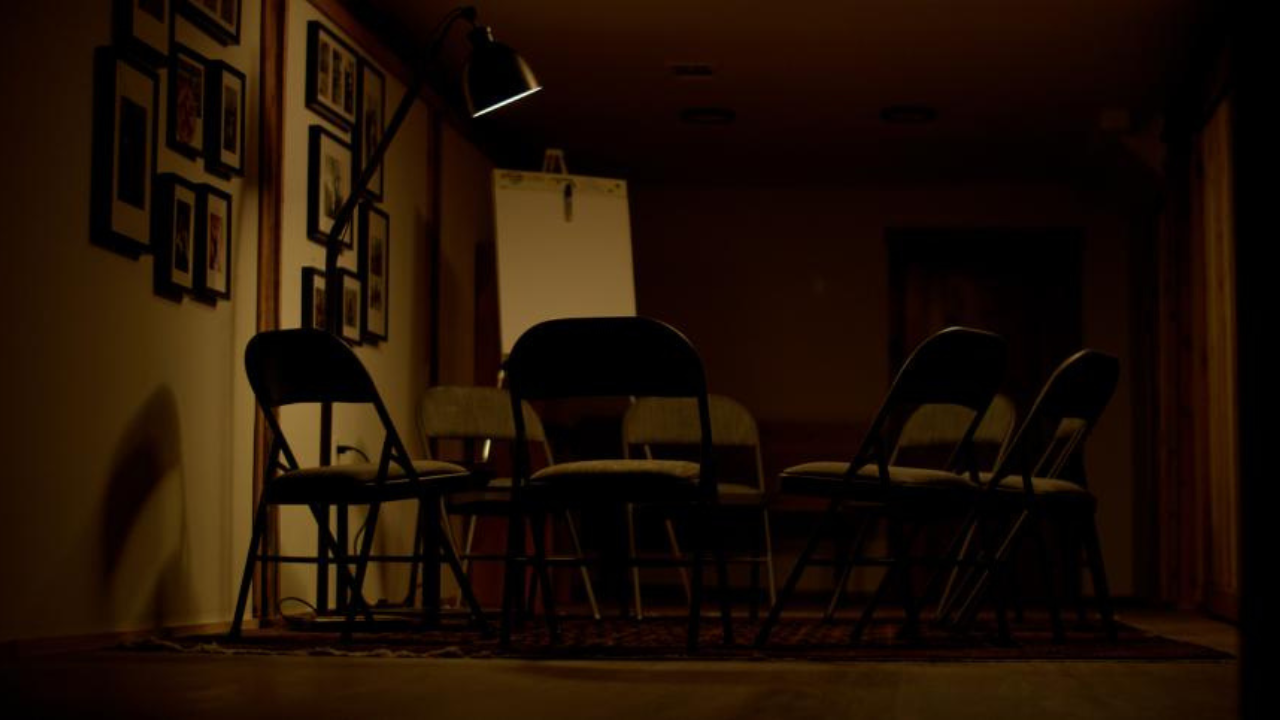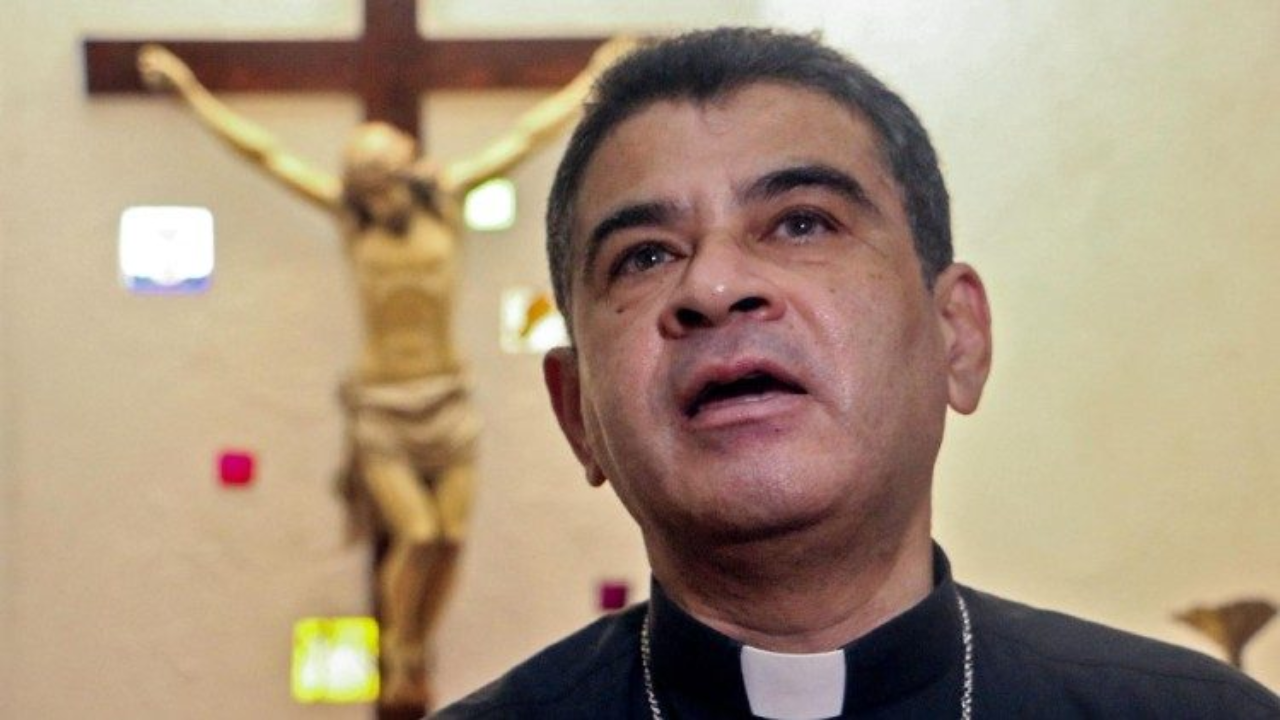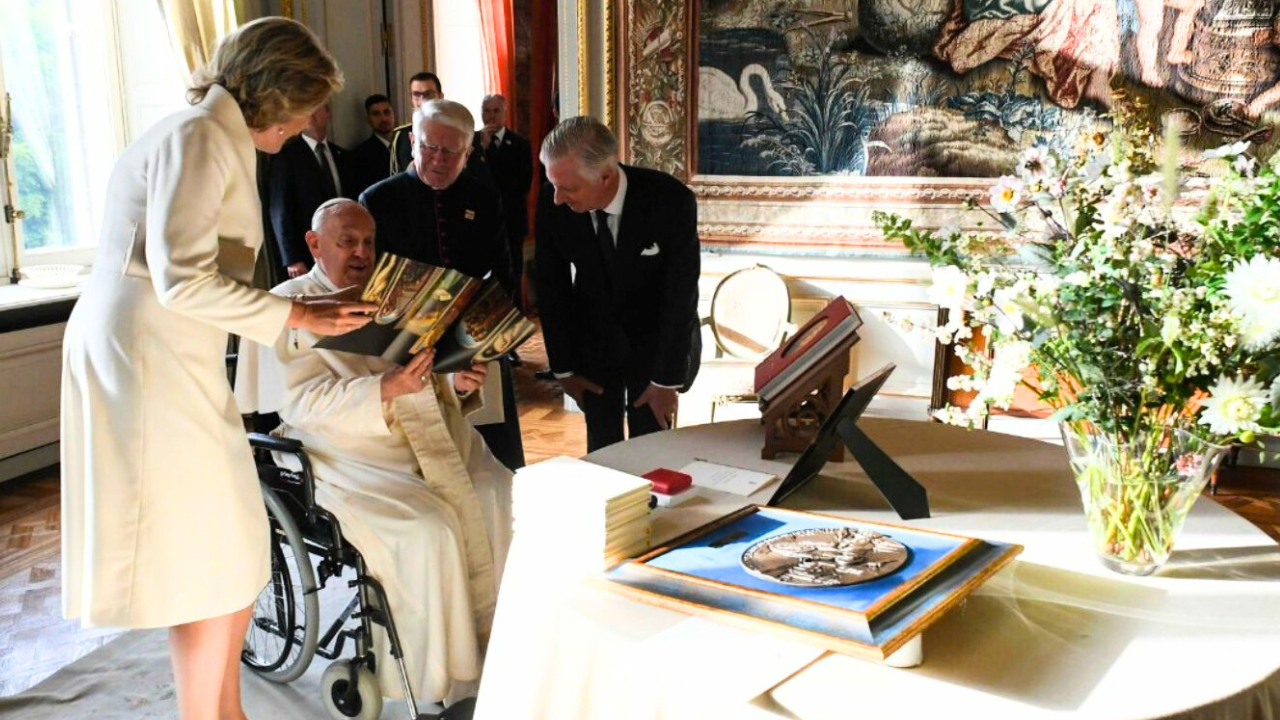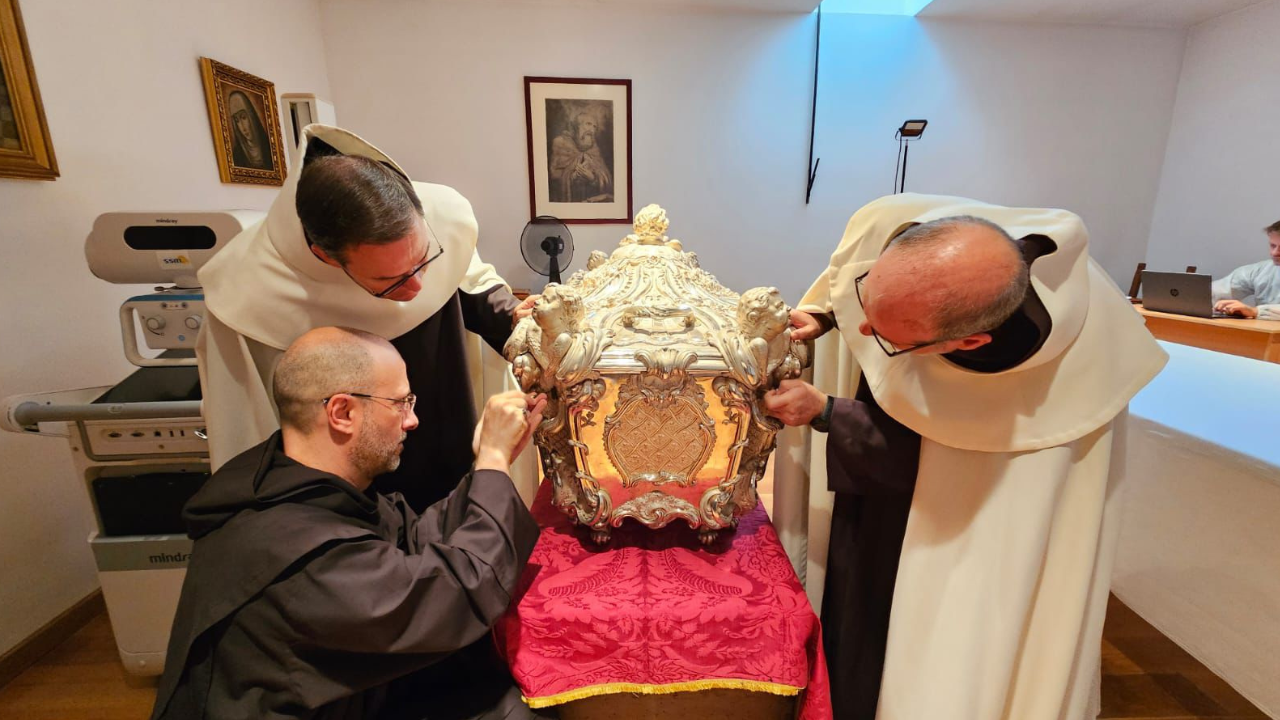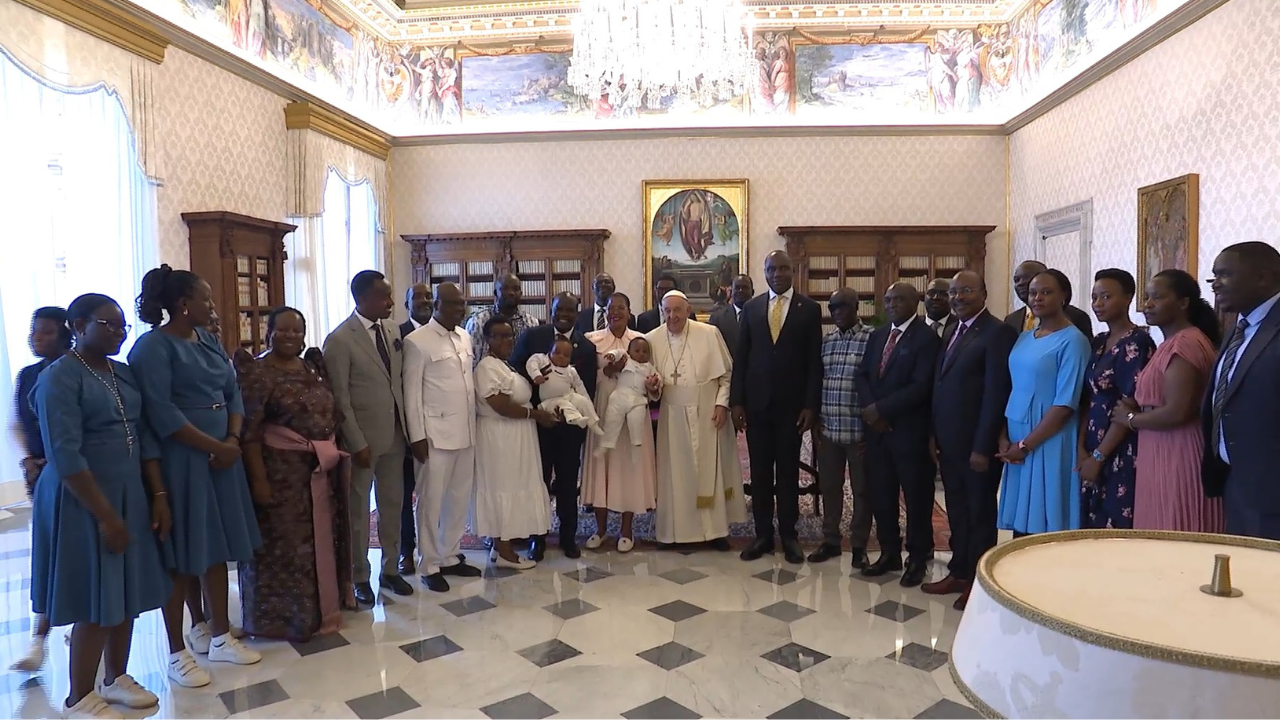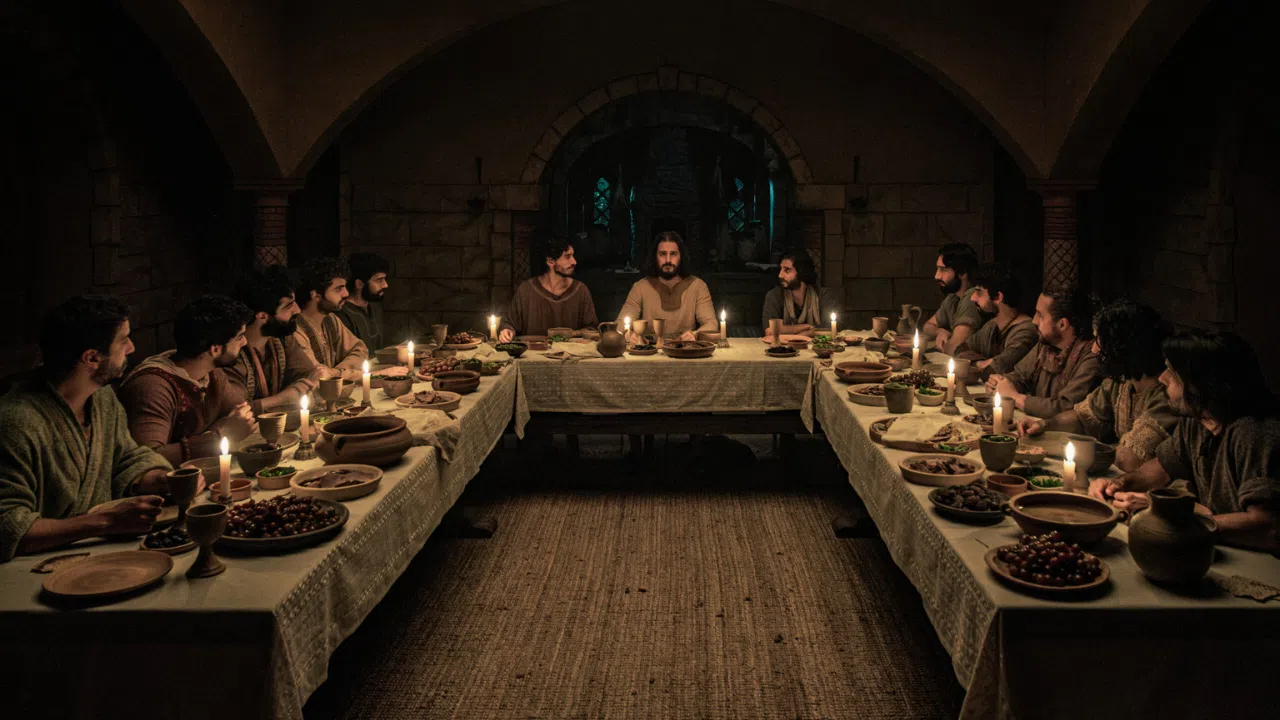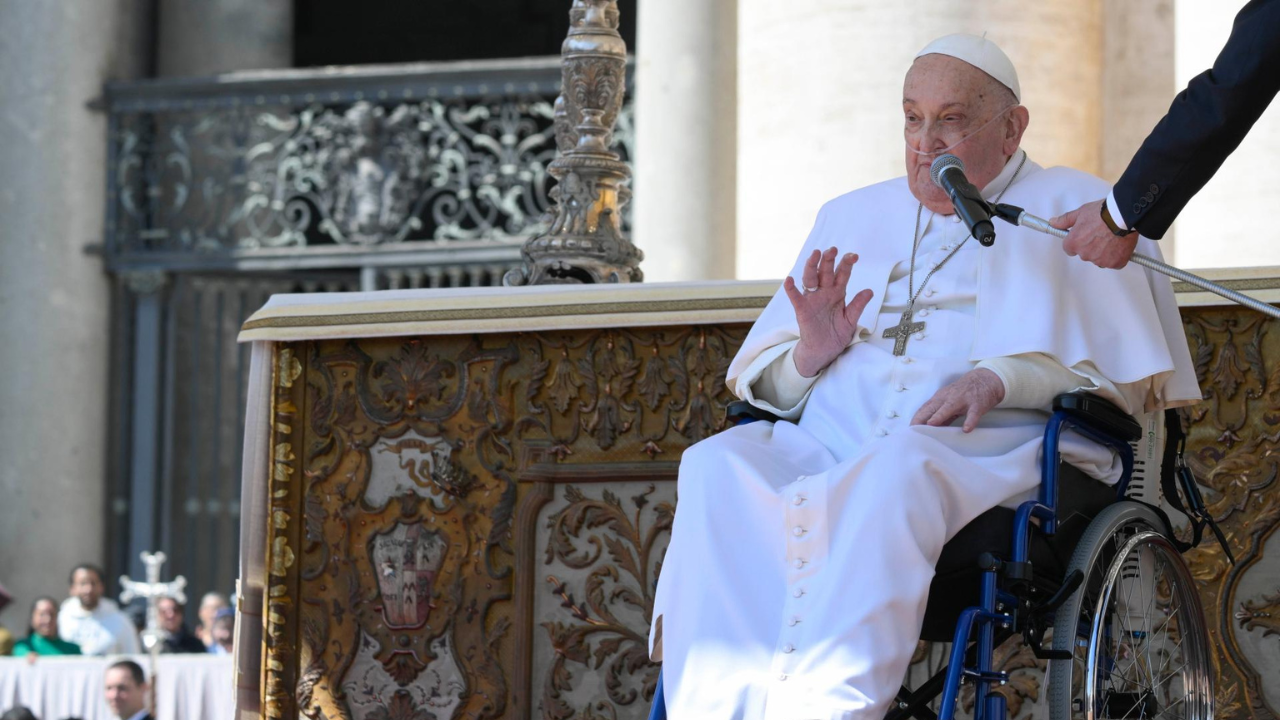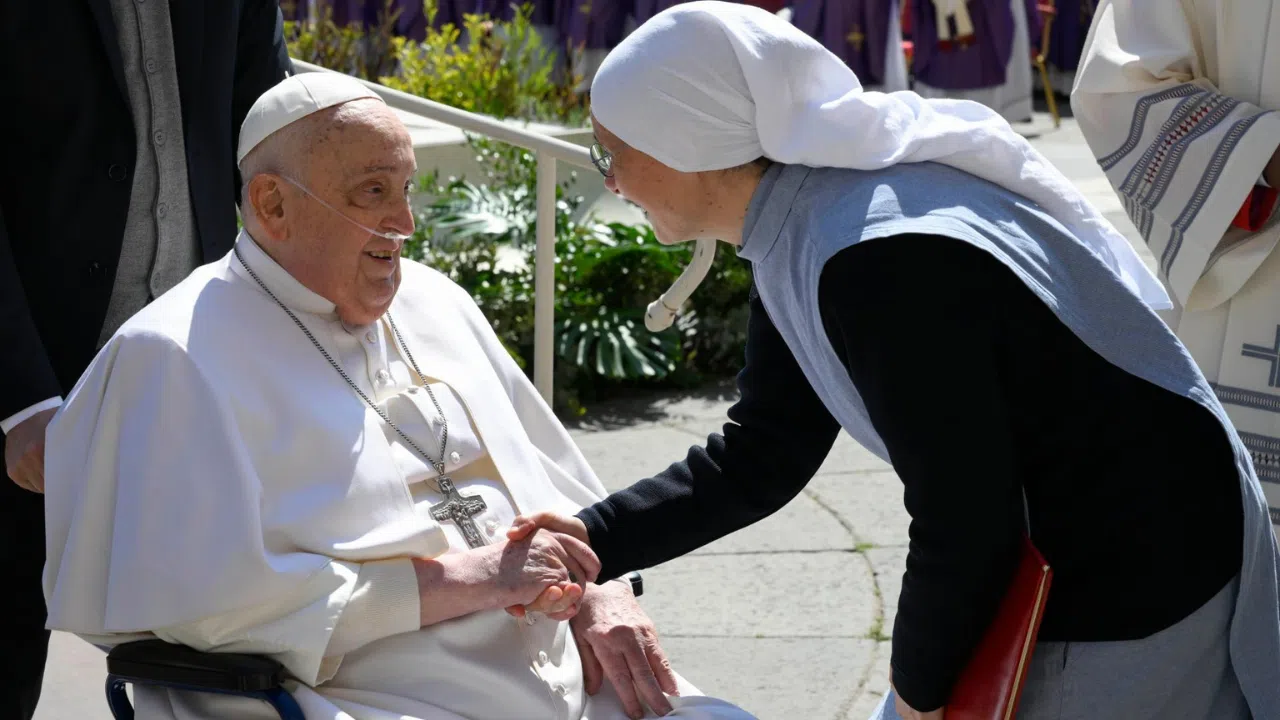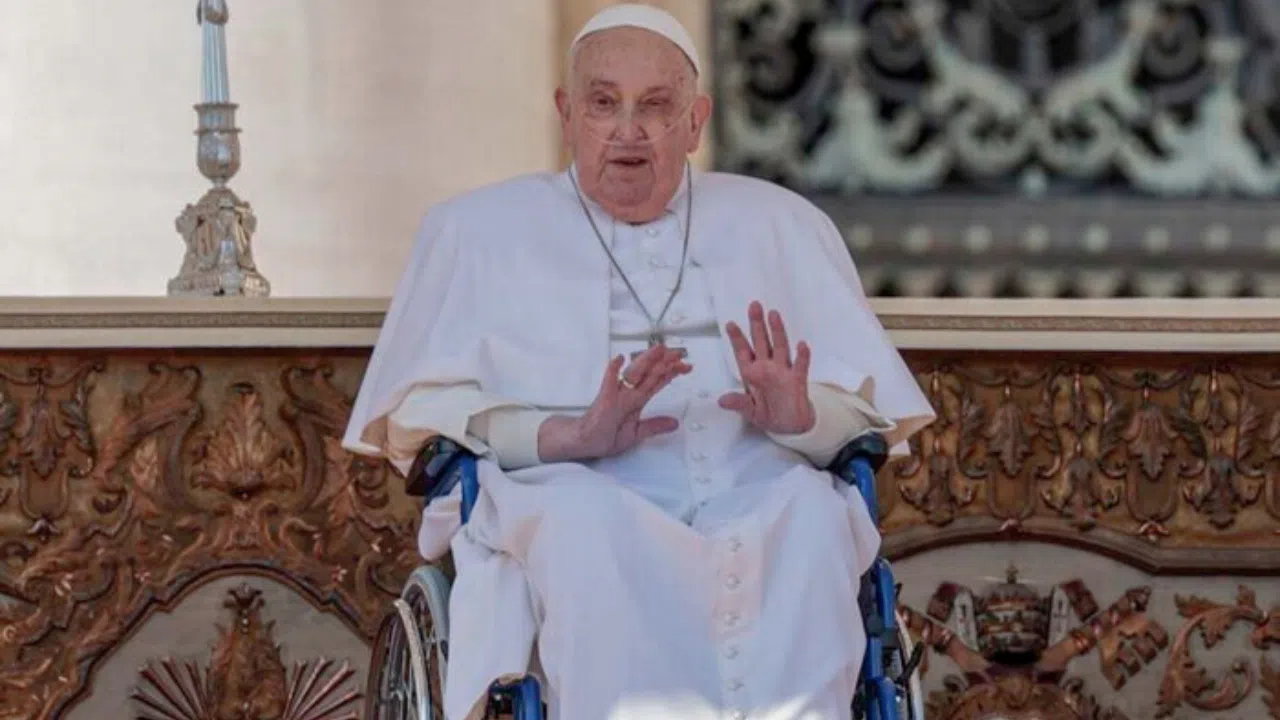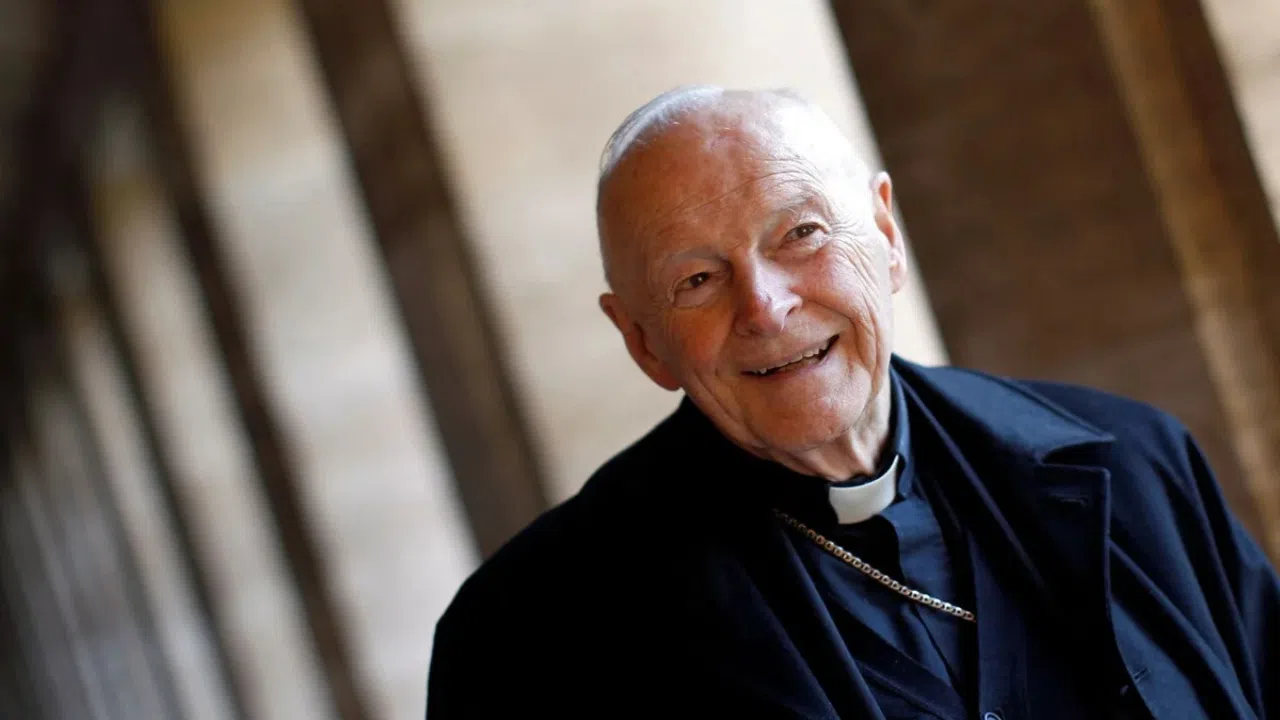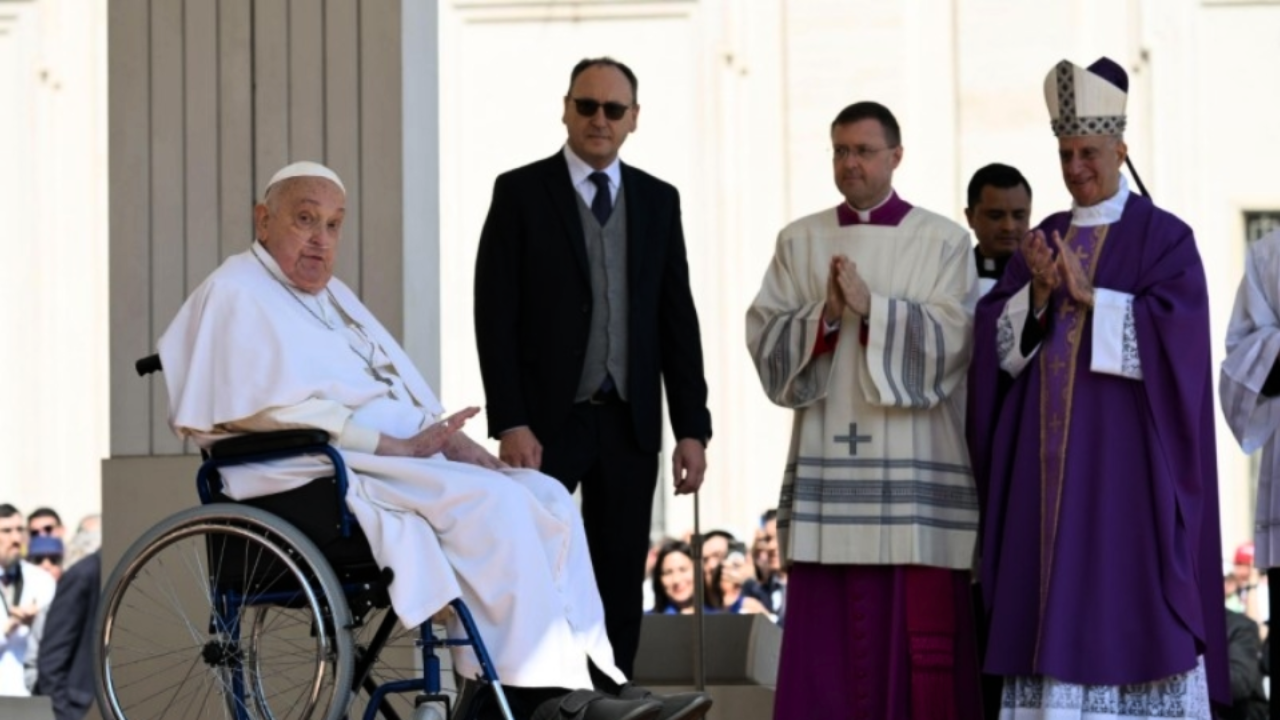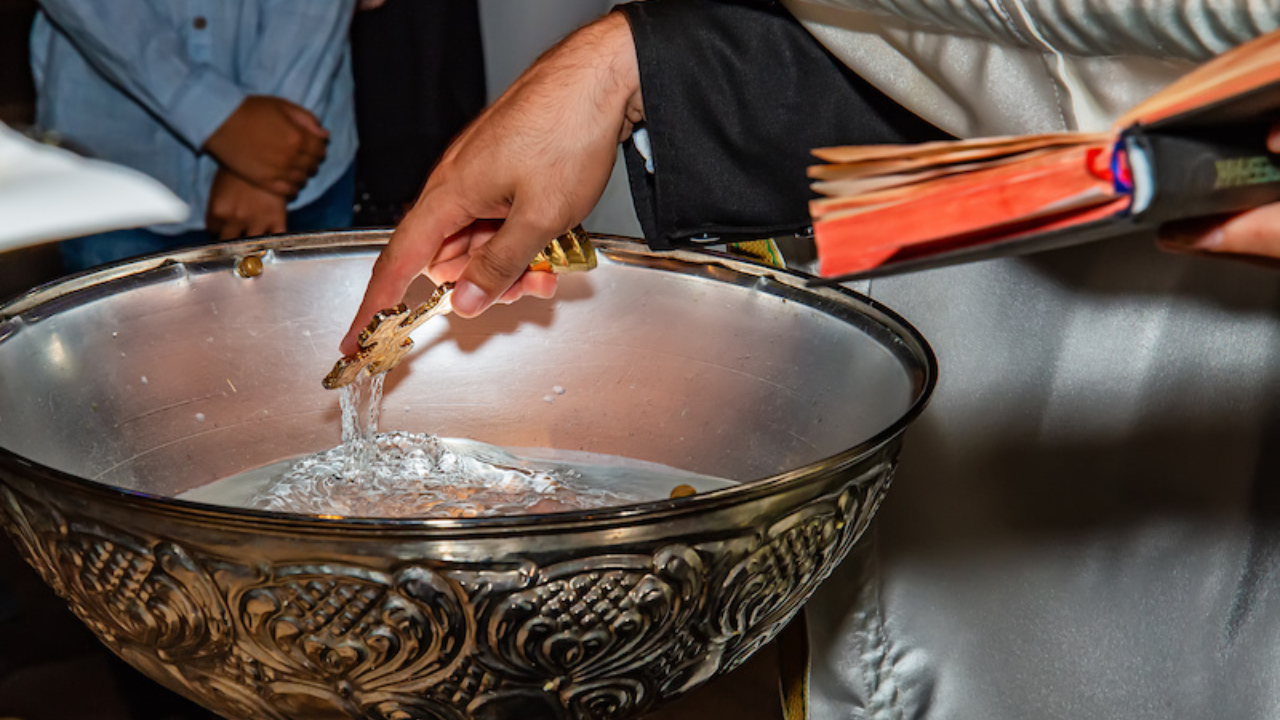All these women have one characteristic in common, they are separated or divorced. As a part of the Santa Teresa Group, an initiative that emerged in the archdiocese of Toledo to support them, they were able to visit the pope.
ISABEL DíAZ
'It gave me the feeling that we were meeting with the Santa Teresa group, in the parish of San Juan de la Cruz in Toledo, all in a circle. The only difference was the pope was with us. A generous pope, humble and at the same time affectionate. A pope then that made you want to hug him. I have the desire to hug him.'
Pope Francis encouraged them to forgive and to turn the page in their life. He told them that they don't have 'a vocation of woundedness.'
ISABEL DíAZ
'It has been a blessing. I left weeping of joy, and above all I feel blessed. I do not hold any grudges against this person. I forgave him a long time ago, in fact I pray for him, but I do not hold any grudges.'
This association meets once a month in a church to pray and share experiences. They come to heal their wounds, but above all, they say that they come to rediscover God. Esperanza separated from her husband four years ago and during the Jubilee of Mercy decided to end her suffering and go to confession to reconcile with God.
ESPERANZA Gí?MEZ-MENOR
'We spent two and a half hours talking. It was a lovely conversation in which we laughed, we cried, it was a complete and total relief for me. I felt that I was unloading everything, everything bad inside me at that moment. Once that confession was over, I felt that God was with me, He was by my side. He would hold my hand and lift me and help me to continue on my path.'
This group, which helps separated women, arose in a Spanish diocese thanks to the initiative of a parish priest and a married couple. During their visit to Rome they visited the Vatican department dedicated to the laity where they took note of this experience.
MSGR. BRAULIO RODRíGUEZ
Archbishop of Toledo (Spain)
'We really have to understand that family pastoral care has many facets. You have to help when there is a problem. For example, for abortion, it is not enough to condemn it. You have to go and see how you can help that person. How did this initiative begin? It was a priest and a couple who said, 'Let's see where this can go.''
FR. MIGUEL GARRIGí?S
'We began the meetings but it was separated women who began to come. So we realized that the Lord wanted us to minister specifically to these women. We meet in a parish in Toledo. We always have a time of adoration, we pray vespers and then during that time some of the women, the 'Teresa's,' as we call them, told me that this routine helps them the most. They said they feel that Jesus touches their hearts, that Jesus, with his wounds, touches His wounded heart and gives them peace.'
However, not only spiritual help is provided, also material. Some of these women have remained practically in the street after the separation. That is why the help of Caritas has been indispensable and an example of family pastoral care to the Church in all areas.
JRB/MB
MG
-V
-PR
Up:JC
